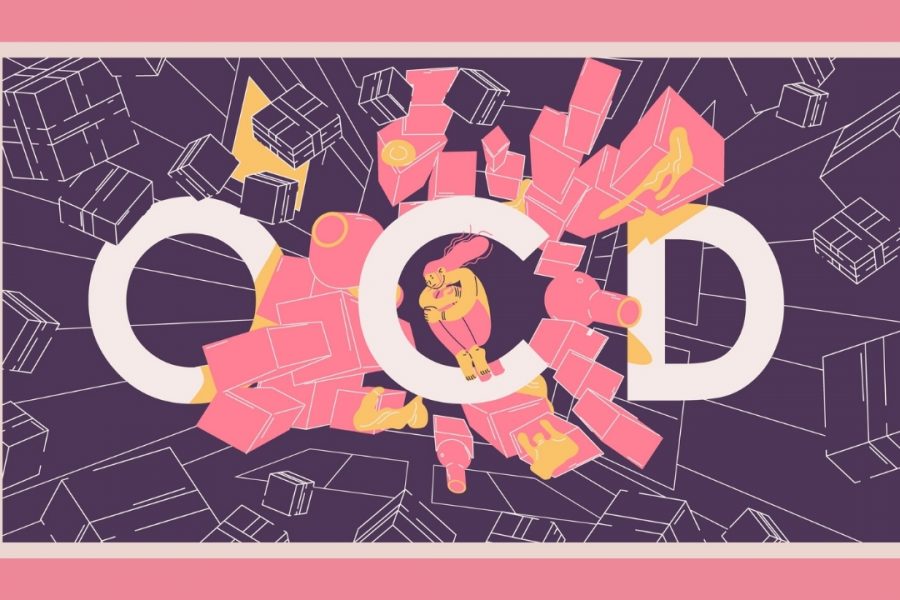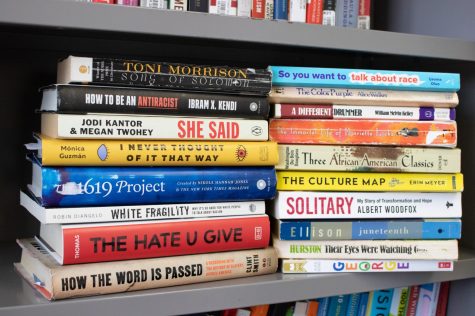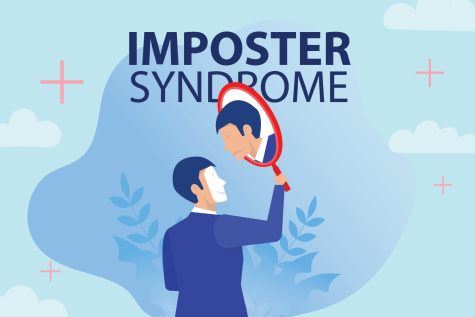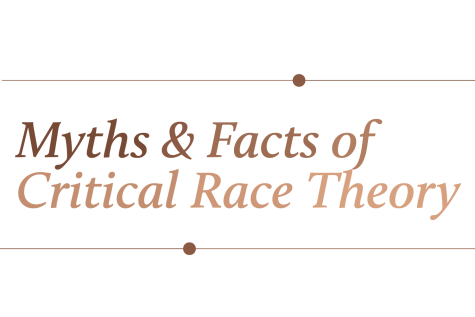A Disorder Distorted: The misconceptions of OCD
If you were to take a look at the desk where I am writing this, you would see sheets of paper spread out with no organization, random textbooks from past semesters lying around, pens dried of their ink rolling all over the faux wood, and a paperweight shaped like a typewriter that has been turned on its side and is full of dust. Don’t even get me started about the innards of my backpack or the front seat of my Honda Civic.
Does this sound to you like someone with obsessive-compulsive disorder (OCD)? Probably not. When my therapist told me that she wanted me to take a diagnostic test for OCD, I was taken aback. I was messy, cluttery, and notoriously disorganized. I didn’t hate cleaning, but I certainly wasn’t a fan of it.
When we think of obsessive-compulsive disorder, our initial impression comes from pop culture references that have made the disorder seem like it is simply a penchant for being clean and neat. We might also hear the frequent jokes people make about being “so OCD” when they say they want their shirt buttons to line up just right. If that’s all OCD is, who wouldn’t want to be “a little OCD,” like some people claim we all are.
As a result, and like so many other mental health conditions, OCD is misunderstood. The National Institute of Mental Health’s website defines obsessive-compulsive disorder as a common, chronic, and long-lasting disorder in which a person has uncontrollable, reoccurring thoughts (obsessions) and/or behaviors (compulsions) that a sufferer feels the urge to repeat continuously. From this definition alone, it should be apparent that this is something distinct from a mere fondness for cleaning.
My therapist took the time to explain to me a version of this definition, but I still felt hesitant to take the diagnostic test, called the Yale-Brown Obsessive Compulsive Survey (Y-BOCS). I had been dealing with intrusive thoughts for months, and they were getting to be severe in terms of frequency and the distress they were causing me. However, I didn’t see myself as being a “typical” person with OCD given my messiness.
Fortunately, my therapist was able to go over with me how my perception of OCD could be skewed by popular ideas of the disorder, and I soon realized that taking the Y-BOCS would be the best direction going forward for my mental health.
About one in a hundred adults in the U.S. have obsessive-compulsive disorder, which means there are hundreds of thousands of people facing the same stigma and misunderstandings that I have had to endure.
The biggest harm, in my view, that the popular view of OCD creates is that it potentially prevents a sufferer from seeking treatment.
Another issue is that even if someone is able to get treatment in spite of the stigma, their loved ones and friends might not be supportive because they buy into the myths. A sufferer might hear the same tired jokes about the disorder or the usual pop culture tropes distorting OCD and end up questioning if they should continue getting treatment.
Dealing with untreated OCD could have serious consequences. The Australian mental health organization SANE mentions that those with OCD face a risk of ending their life ten times the rate of the general population. In addition, those suffering from OCD are five times more likely to attempt to end their life. As a result, it’s imperative that those with OCD are able to find treatment for their symptoms. At the same time, society needs to end the stigma and skewed perception of this disorder.
It would be helpful if people realized that obsessive-compulsive disorder is not a personality quirk. Research suggests that there could be real brain differences between those with and without OCD. According to the International OCD Foundation, those who suffer from OCD may have problems in terms of their brain communication wiring; the Foundation also mentions that there is likely a genetic component to the development of the disorder.
Another topic I wish more people would understand concerning OCD is the nature of obsessions. Obsessions can relate to a vast slew of concepts: relationships, harming oneself, sex, harming others, health, and morality are some of the more common obsessions. There are individuals with OCD who compulsively clean; however, they do not want to clean—they feel like they must clean to alleviate the obsessive, intrusive thoughts they suffer from relating to germs and contamination. Unfortunately, and paradoxically, the more an individual tries to perform compulsions, the worse the obsessions develop. This leads to more compulsions, which can then start to interfere and even derail a sufferer’s life.
This last point relates to another misconception I want to dispel—that it is okay to reassure someone with OCD about their obsessions. People think reassurance is acceptable because, after all, you are making another person feel better in the short-term.
However, if you know someone with OCD, please do not reassure them.
A major part of treating OCD involves getting used to uncertainty, and so sufferers of OCD need to accept that perhaps whatever it is they have obsessions on might be true: they might be an evil person, their significant other might not really love them, they could die the next day from germs on that doorknob they just touched.
Overall, I hope this article has been both informational and inspirational. Those without OCD can help us with the disorder by fighting against the misconceptions that have slowly surrounded what we face. Removing these myths and stigmatizations can help encourage those with OCD to seek treatment, knowing that their mental health concerns are valid.
Your donation will support the student journalists of Washburn University. Your contribution will allow us to purchase equipment and cover our annual website hosting costs.













